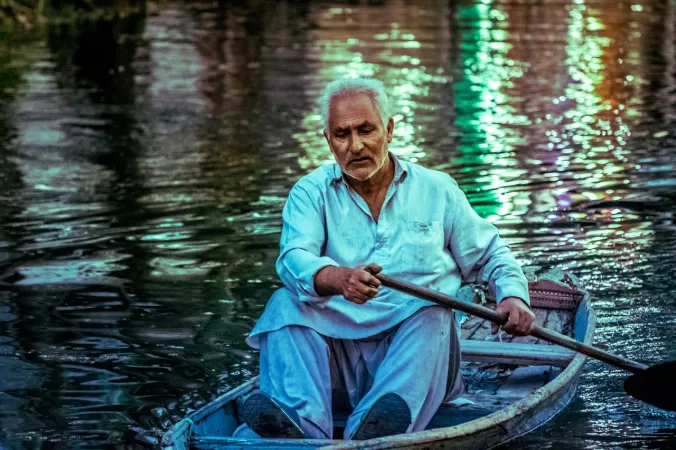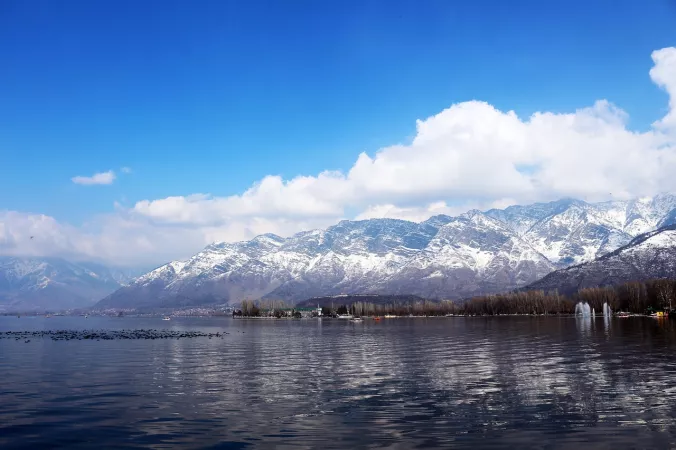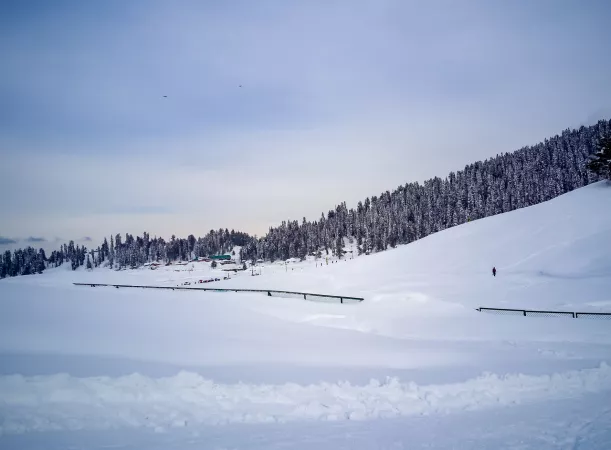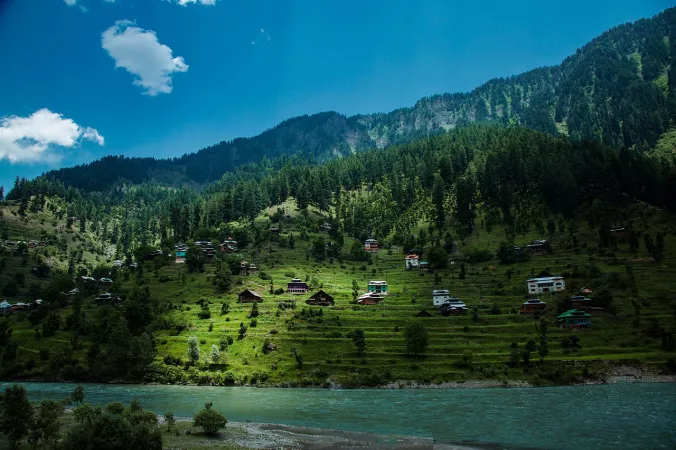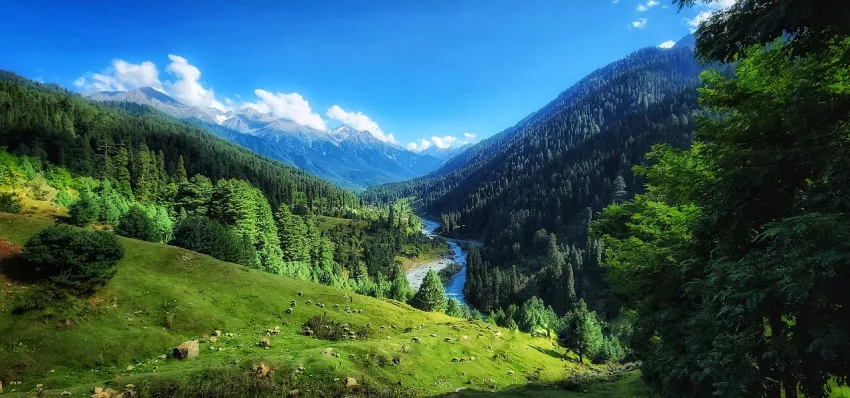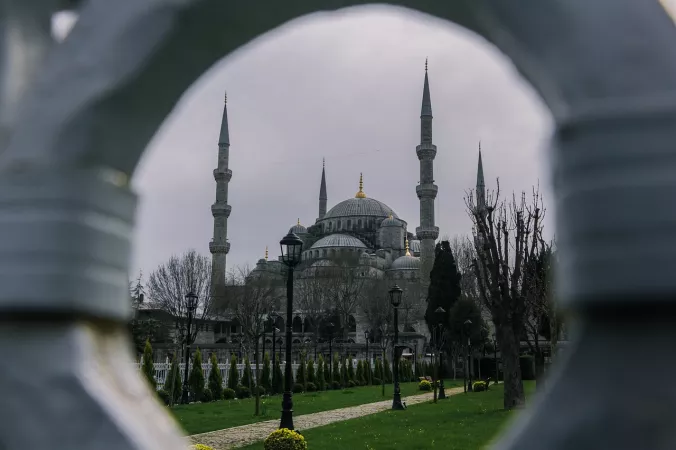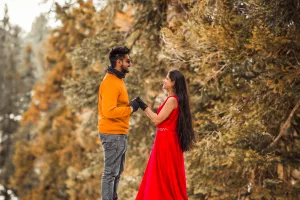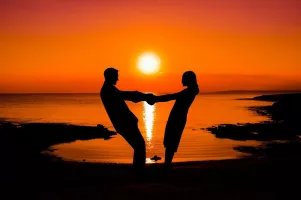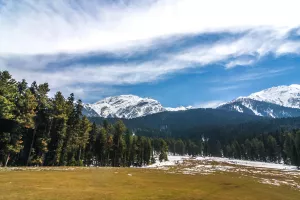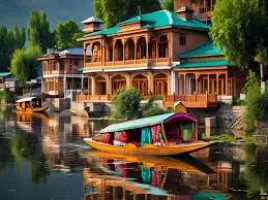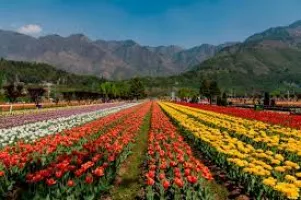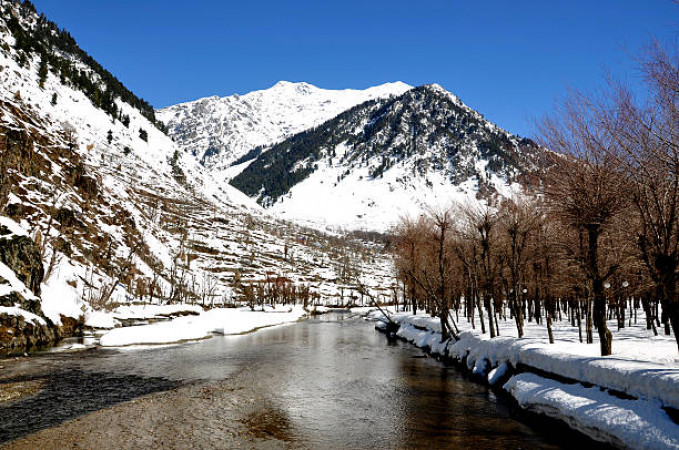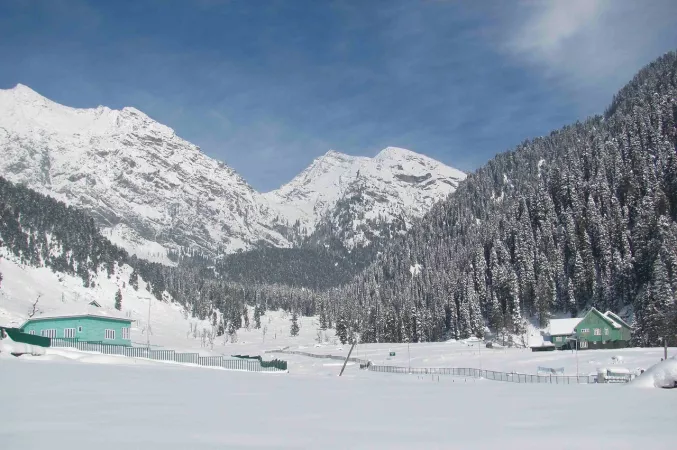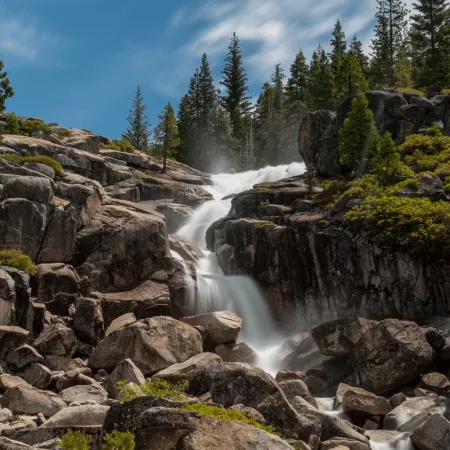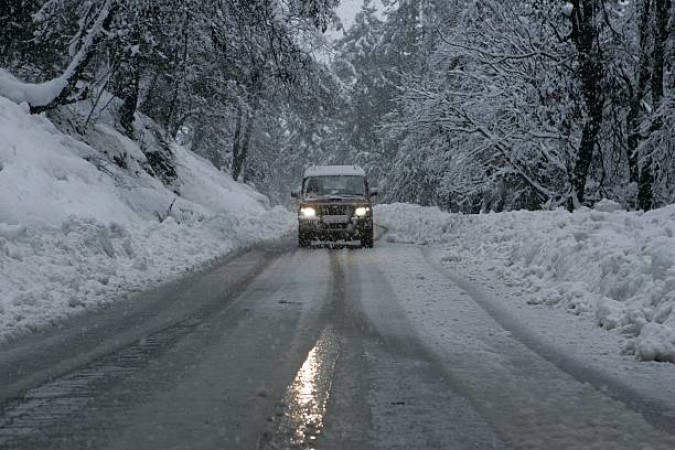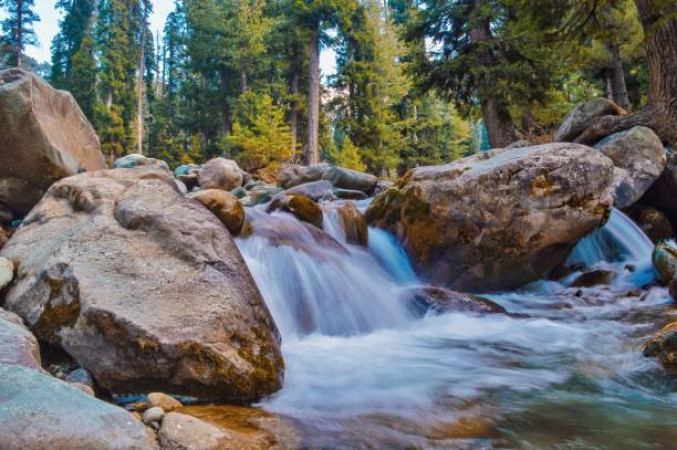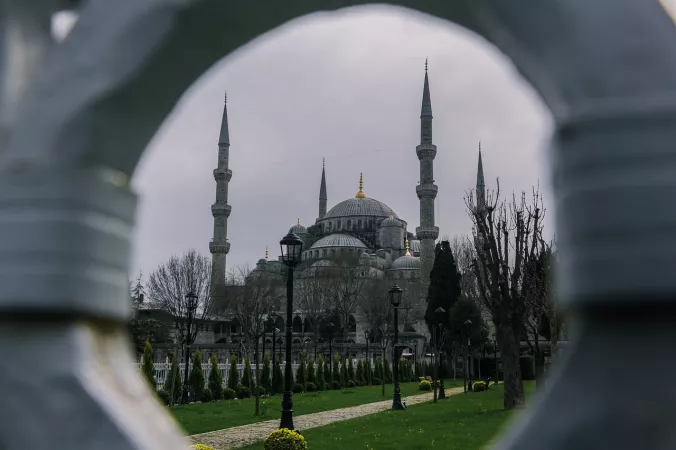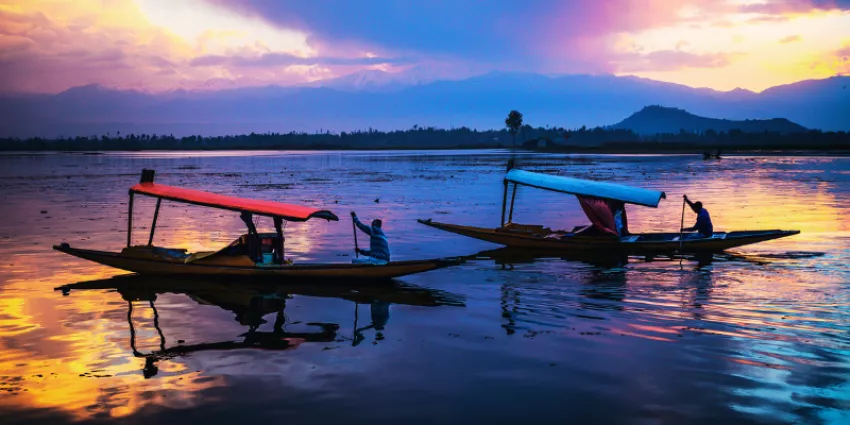
Kashmir
Duration
5 to 10 Days
5 to 10 Days
Theme
Hill Station, Adventure, Lakes, Wildlife
Hill Station, Adventure, Lakes, Wildlife
Kashmir Travel Guide
Kashmir, located in the northern part of India, is renowned for its breathtaking landscapes, rich cultural heritage, and warm hospitality. Nestled in the Himalayas, Kashmir is often referred to as "Paradise on Earth" for its stunning valleys, serene lakes, and snow-capped mountains. The region has a significant historical background, with influences from various rulers and dynasties over the centuries, adding to its charm and allure. Kashmir is famous for its picturesque houseboats on Dal Lake, vibrant Mughal gardens, and traditional handicrafts like Pashmina shawls and carpets.
Top Attractions in Kashmir
1. Dal Lake 2. Gulmarg 3. Sonmarg 4. Pahalgam 5. Shalimar BaghKashmir is Famous for
The breathtaking landscapes and serene beauty of Kashmir are what make it truly famous. Visitors are captivated by the stunning valleys, picturesque lakes, and snow-covered mountains that define this region.Top Attractions in Kashmir
- Dal Lake - Gulmarg - Sonmarg - Pahalgam - Shalimar BaghWhat's Great about Travelling to Kashmir?
- Spectacular natural beauty - Rich cultural heritage - Warm hospitality - Adventure activities like trekking and skiingWhat's Not So Great about Travelling to Kashmir
- Political unrest in some areas - Harsh winters with heavy snowfall - Limited connectivity in remote areas - Crowded tourist spots during peak seasonTravel Tips for Kashmir
- Check visa requirements before traveling - Hire a local guide for a better experience - Respect local customs and traditions - Stay updated on the current situation in the regionImportant Kashmir trip information
- Ideal Duration: A week to 10 days is ideal to explore the major attractions.
- Best Time to Visit: April to October is the best time to visit for pleasant weather.
- Nearby Airports and Railway Stations: Srinagar Airport and Jammu Tawi Railway Station are the nearest.
Top 9 Places to visit in Kashmir
Per Person
22,000
*EXCLUDING APPLICABLE TAXES 5.0 Ratings
( 335 Reviews )
( 335 Reviews )
Per Person
9,500
*EXCLUDING APPLICABLE TAXES 4.1 Ratings
( 24 Reviews )
( 24 Reviews )
Per Person
20,000
*EXCLUDING APPLICABLE TAXES 5.0 Ratings
( 153 Reviews )
( 153 Reviews )
Per Person
18,500
*EXCLUDING APPLICABLE TAXES 4.8 Ratings
( 67 Reviews )
( 67 Reviews )
Total
31,500
*EXCLUDING APPLICABLE TAXES 5.0 Ratings
( 15 Reviews )
( 15 Reviews )
Per Person
20,100
*EXCLUDING APPLICABLE TAXES 4.4 Ratings
( 494 Reviews )
( 494 Reviews )
FAQ's on Kashmir
Q1: What is the best time to visit Kashmir?
The best time to visit Kashmir is during the summer months from May to August when the weather is pleasant, and the lush greenery is in full bloom. However, if you are interested in experiencing snowfall and winter activities, the winter months from December to February are ideal. Avoid visiting during monsoon season from July to September due to heavy rainfall. Tourist seasons are typically in the summer and winter months.
Q2: Do I need a visa to travel to Kashmir?
As Kashmir is a part of India, international tourists need to obtain an Indian visa to travel to Kashmir. Make sure to check the specific visa requirements based on your nationality. Exceptions may apply for certain neighboring countries. Ensure your passport has a validity of at least six months.
Q3: What are the must-visit attractions in Kashmir?
Kashmir is known for its stunning natural beauty. Must-visit attractions include Dal Lake, Gulmarg for skiing and snowboarding, Sonamarg for trekking, and the Mughal Gardens in Srinagar. Explore the beautiful valleys of Pahalgam and the enchanting Betaab Valley. Don't miss the opportunity to visit the iconic Shankaracharya Temple for panoramic views of Srinagar.
Q4: Is Kashmir a safe place to travel?
Kashmir has experienced occasional unrest, so it's important to stay informed about the current situation before planning your trip. Stick to tourist areas and follow local advice for a safe visit. Avoid areas with political tensions and demonstrations. Overall, with proper precautions, Kashmir can be a safe destination for travelers.
Q5: What is the local currency in Kashmir and can I use credit cards?
The local currency in Kashmir is the Indian Rupee (INR). ATMs are widely available in major cities like Srinagar and Gulmarg. Credit and debit cards are accepted in hotels, larger restaurants, and some shops, but it's advisable to carry cash for smaller establishments and local markets.
Q6: What is the local cuisine like in Kashmir?
Kashmiri cuisine is known for its rich flavors and use of spices. Try traditional dishes like Rogan Josh (spicy lamb curry), Yakhni (yogurt-based curry), and Kashmiri Pulao. Don't miss the famous Wazwan feast, a multi-course meal featuring various meat dishes. Vegetarians can enjoy Dum Aloo (potato curry) and Nadru Yakhni (lotus stem curry). Be prepared for the generous use of saffron and dry fruits in Kashmiri cuisine.
Q7: What transportation options are available in Kashmir?
In Kashmir, transportation options include buses, shared taxis, and auto-rickshaws for short distances. Hiring a private car or taxi is convenient for exploring the region. Shikaras (traditional wooden boats) are popular for cruising on Dal Lake. Additionally, the scenic Kashmir Railway connects Banihal to Baramulla. Trekking and hiking are also common modes of transportation in the mountainous areas.
Q8: Are there any cultural norms or etiquette I should be aware of when visiting Kashmir?
When visiting Kashmir, it's important to respect local customs and traditions. Dress modestly, especially in religious sites. Remove your shoes before entering mosques or homes. Seek permission before taking photographs of locals. It's customary to greet people with "As-salamu alaykum" (Peace be upon you) and show general courtesy in interactions. Avoid discussing sensitive political topics and be mindful of cultural differences in gestures and behavior.
Q9: I am a travel agent. How can I buy travel leads of Kashmir?
Register yourself as a travel agent at agents.tripclap.com and then you can buy travel leads to Kashmir once your account is approved. For more details contact our support team at +91-8069186564 or support@tripclap.com
